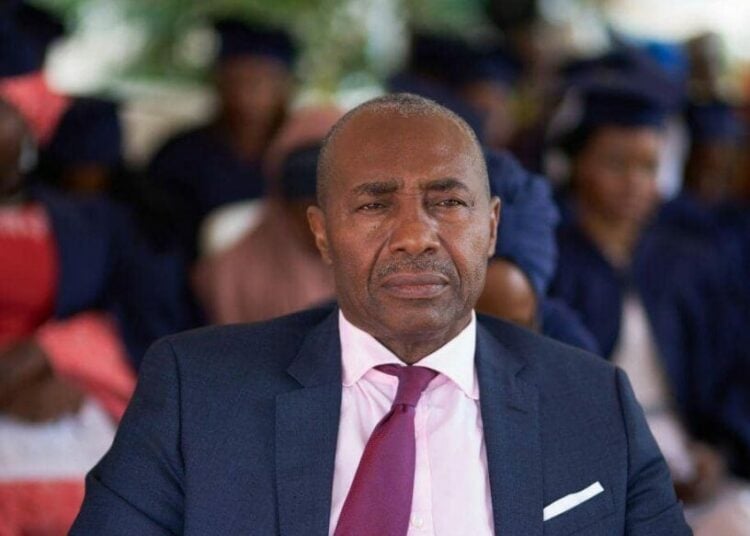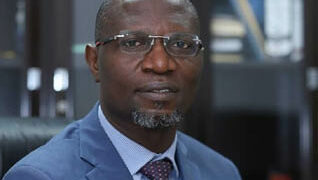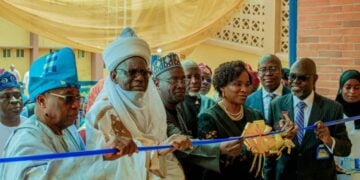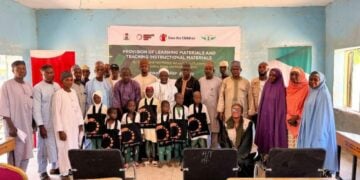A faith-based and community development organization in Zaria, Kaduna State, Fityanatul Islam Gabari, has declared its support for Senator Ikechukwu Obiorah’s proposal to establish an independent, autonomous electoral commission in Nigeria.
The endorsement, announced at a press briefing in Kaduna, marks growing civil society backing for Obiorah’s push to reform Nigeria’s electoral framework and reduce political interference in the appointment of electoral officers.
Speaking during the briefing, the President of Fityanatul Islam Gabari, Mallam Lawal said the organization’s decision followed a careful review of Senator Obiorah’s draft bill, which seeks to amend the 1999 Constitution to transfer the power of appointing electoral bodies from the president and state governors to neutral and independent institutions.
“On behalf of Fityanatul Islam Gabari, Zaria, we formally express our endorsement and full support for Senator Ikechukwu Obiorah’s draft bill,” Lawal stated.
He further noted that “We agree that credible elections cannot be achieved while those who contest elections also control the appointment of electoral officials.”
The endorsement follows a lecture delivered by Senator Obiorah in August to members of the Muslim Tertiary Students Association titled “Strengthening Democracy: The Philosophy of Elections and Nigeria’s Fake Democracy.”
The lecture, which examined the structural weaknesses in Nigeria’s electoral process, appears to have galvanized support from religious and youth-based organizations.
Senator Obiorah, who submitted the private draft bill to the National Assembly in July, is proposing the creation of a restructured Independent National Electoral Commission (INEC) composed of 13 commissioners. Under the plan, six commissioners would be elected by major Nigerian labour and professional bodies, six nominated by the United Nations (UN), and one observer commissioner by Transparency International.
According to the group, this model would strengthen electoral integrity, minimize corruption, and ensure transparency in the use of electoral technology such as the Bimodal Voter Accreditation System (BVAS) and the INEC Result Viewing Portal (IReV). The group also emphasized the importance of extending voting rights to Nigerians in the diaspora.
Lawal further noted that “We strongly believe that dishonest and manipulated elections are the root causes of poverty, bad governance, and underdevelopment. This reform, if enacted, will help restore confidence in our democracy and ensure that power truly returns to the people.”
The organization further defended the inclusion of international partners such as the United Nations, noting that the UN and its agencies including UNDP, UNICEF, WHO, and FAO have been longstanding partners in Nigeria’s development and governance processes.
“It is therefore appropriate that they contribute to strengthening our democratic institutions,” Lawal added.
Similarly, the National Muslim Youth Association, an alumni body of the Muslim Tertiary Students Association, sometime last month also endorsed the bill, describing it as a necessary step toward achieving credible elections and good governance.
The group urged the National Assembly, State Houses of Assembly, and the Presidency to give due consideration to Senator Obiorah’s proposal and expedite its passage.
“The success of this bill will mark a turning point in our political evolution,” the group said.





